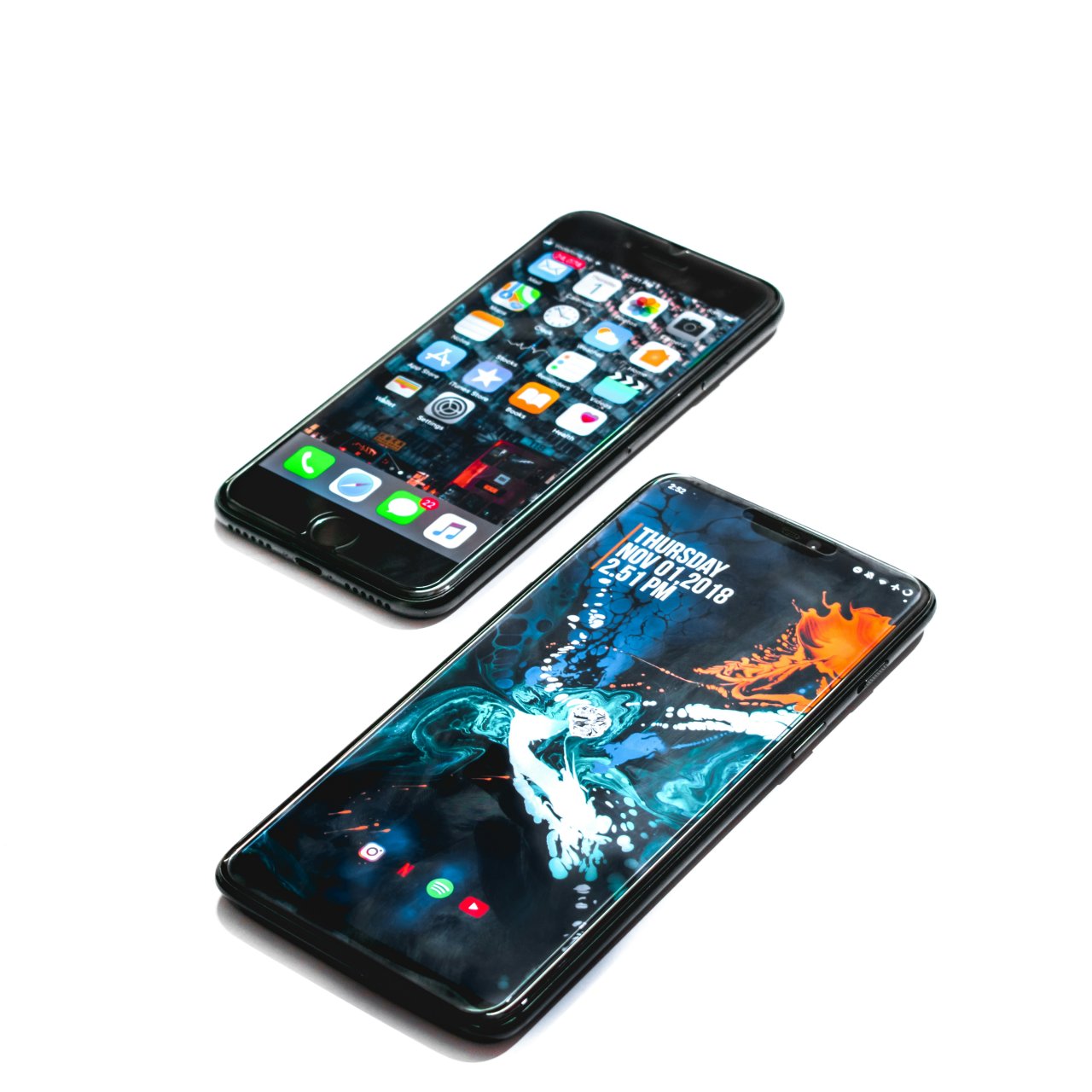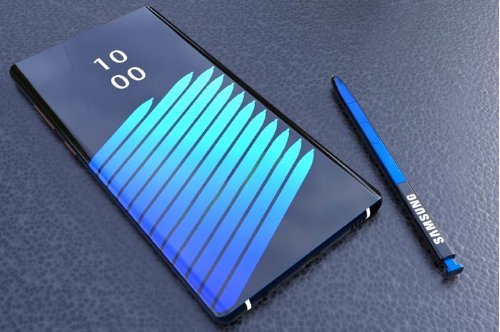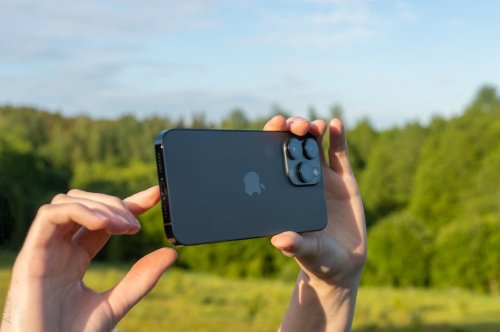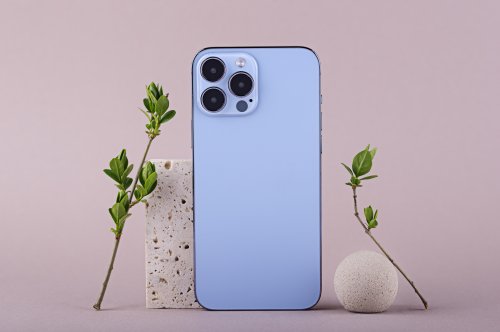Battle of the OS: Android vs. iOS in 2024 - Which is Right for You?

The debate between Android and iOS has been raging for over a decade, with each platform boasting a loyal user base that swears by its superiority. As we step into 2024, this competition is as fierce as ever, with both operating systems introducing new features and improvements to cater to the evolving needs of smartphone users. Whether you're in the market for a new phone or just curious about the ongoing rivalry, understanding the key differences between Android and iOS in 2024 can help you determine the right choice.
The Ecosystem: More Than Just a Phone
One of the most significant factors in choosing between Android and iOS is each platform's ecosystem. In 2024, Android and iOS have matured into robust ecosystems extending far beyond just the smartphone.
iOS Ecosystem
Apple's ecosystem is renowned for its seamless integration across devices. If you're already using other Apple products like a Mac, iPad, Apple Watch, or Apple TV, iOS might be the obvious choice. The continuity features in iOS, such as Handoff, Universal Clipboard, and AirDrop, allow you to start a task on one Apple device and pick up right where you left off on another. For example, you can start writing an email on your iPhone and finish it on your MacBook without missing a beat.
In 2024, Apple has further refined this ecosystem with tighter integration between devices. The new macOS and iOS updates allow for even smoother transitions and better synergy between your devices. Additionally, Apple’s emphasis on privacy and security across its ecosystem gives users peace of mind, knowing that their data is protected across all devices.
Android Ecosystem
On the other hand, Android offers a more diverse ecosystem, thanks to its open-source nature. While Android doesn’t have the same level of integration as iOS within a single brand, it excels in flexibility and choice. Android users can choose from a wide variety of devices across different price ranges, brands, and features. Whether you're looking for a budget-friendly phone, a gaming powerhouse, or a device with a unique form factor like a foldable screen, Android has you covered.
Google has been working on improving the cohesion within its ecosystem, especially with its Google Nest products, Chromebooks, and Wear OS devices. In 2024, the Android ecosystem has become more unified, with better cross-device functionality, such as the ability to cast content from your phone to your Chromebook or control smart home devices from your Android watch. However, it still lacks the seamless experience that Apple offers, particularly if you’re mixing and matching products from different manufacturers.
User Interface and Customization
The user interface (UI) is one of the most noticeable differences between Android and iOS. Both platforms have their own unique design philosophies that cater to different user preferences.
iOS: Simplicity and Consistency
iOS is known for its clean, consistent, and user-friendly interface. Apple has always prioritized simplicity and ease of use, making iOS a great choice for users who prefer a straightforward, no-fuss experience. In 2024, iOS continues to maintain this philosophy, with subtle design tweaks that enhance usability without overwhelming the user.
The uniformity of iOS across all iPhones ensures that regardless of which model you choose, you'll have the same experience. This consistency is a major draw for users who value a polished, stable interface with minimal learning curve.
However, this simplicity comes at the cost of customization. While Apple has introduced more personalization options over the years, such as widgets and the ability to change app icons, iOS still doesn’t offer the same level of customization as Android. For users







